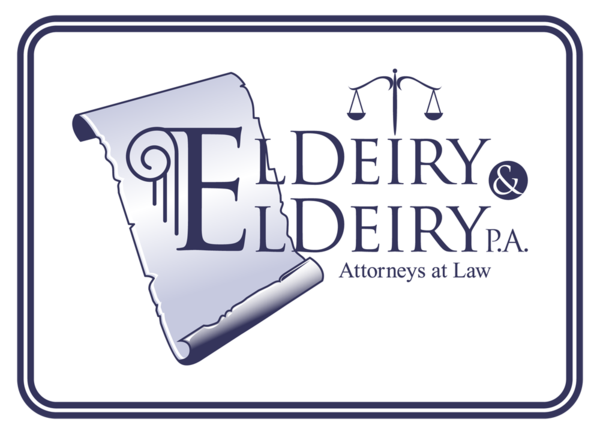
Probate is a process that occurs after a death to 1) collect the person’s assets that are in his/her name alone; 2) determine if there are any creditors; and 3) distribute the person’s property to the proper beneficiaries. Probate is necessary even if a Will is in place because the Will must be validated by the Court, and also because the Personal Representative under the Will is only allowed to act under the Will once a Judge has given that authority. During a probate administration – a process that generally lasts from four to six months for a Summary Administration, and up to a year for a Formal Administration – the court assesses the assets of a loved one who has passed, first paying off valid claims filed by creditors, then distributing the remaining assets to the surviving beneficiaries.
The fees and cost involved with filing a Probate, as well as Funeral Expenses (up to $6,000) are the first expenses to be reimbursed from the decedent’s assets, to the person who paid for them. Certain assets do not fall under probate, including:
- Retirement accounts with a named beneficiary
- Life insurance proceeds with a named beneficiary
- Property that is held by a trustee rather than the deceased owner, i.e. a Revocable trust
- Property held by two people, such as a home or a bank account
- A payable-on-death bank account
Probate Administration is not always necessary; however it is always best to speak to an attorney about whether or not it is necessary for your particular situation.
Types of probate – a very brief summary
- Summary Administration. If the assets of an estate are less than $75,000, excluding FL Statute exempt assets, or if the person died more than 2 years ago, a Petition for Summary Administration can be used. The executor of the will (or if there is no Will, then a family member or other beneficiary) is responsible for filing the paperwork, notifying the beneficiaries and formally serving notice that the petition has been filed. If the court approves the petition, the property is released to those who inherit it.
- Formal Administration. Larger estates require formal probate, where a personal representative is appointed. The Court will issue Letters of Administration, which gives the Personal Representative the authority to settle the estate, either through the terms of a valid will, or if there is no will then by distributing assets to beneficiaries according to Florida Statutes, once all valid claims have been paid.
For help with handling your probate case, ElDeiry & ElDeiry, PA can provide the legal support you need. Contact us today to schedule a consultation.
Eldeirylaw
Latest posts by Eldeirylaw (see all)
- Ways In Which A Will & A Revocable Trust Work Together - May 15, 2023






